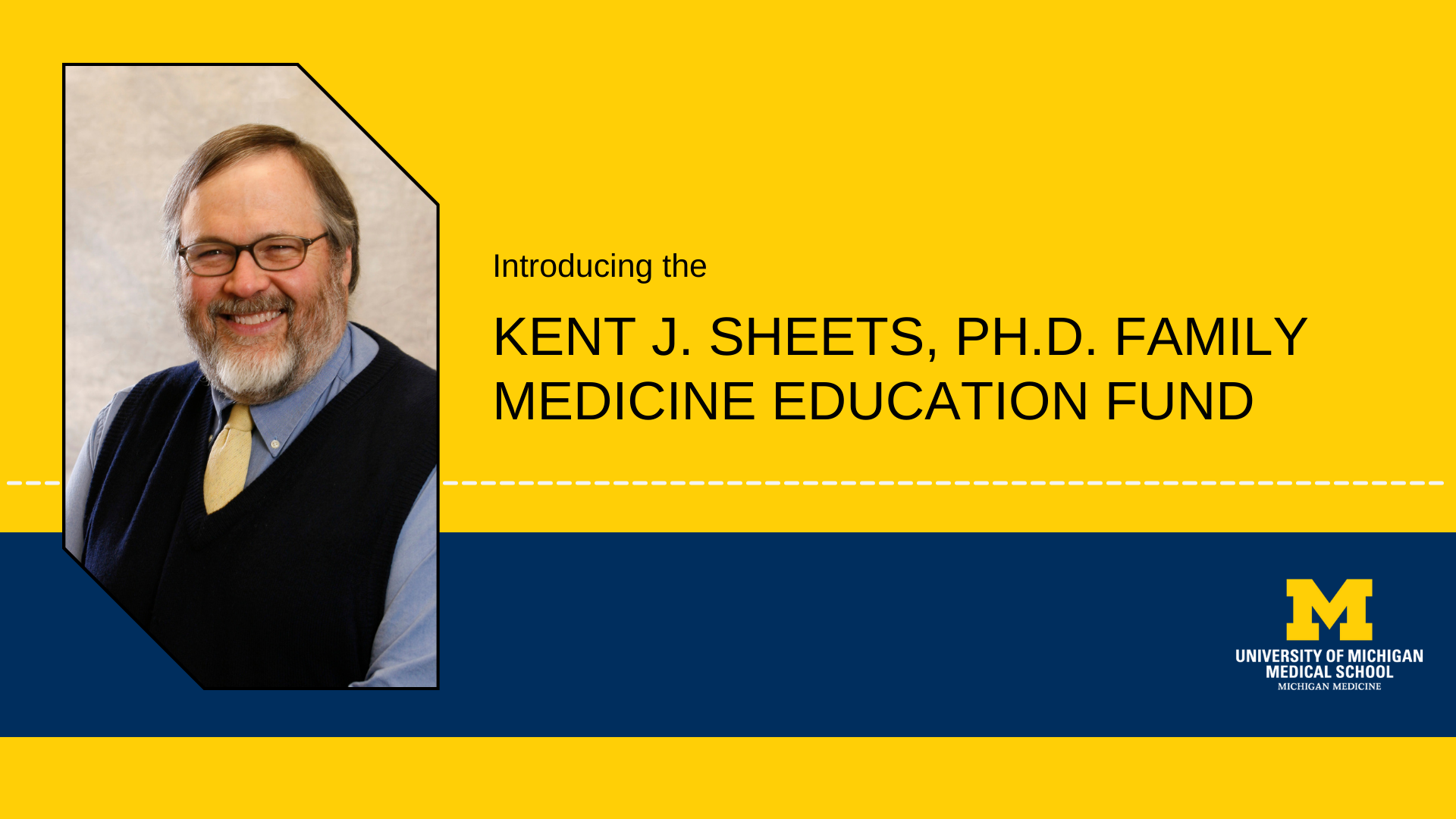In 2017, Golfo K. Tzilos Wernette, Ph.D., assistant professor of family medicine and psychiatry, received seed funding from the U-M Institute for Research on Women and Gender (IRWIG) to explore the development of a mobile technology intervention to address the unique reproductive health needs of adolescent girls. IRWIG recently spoke with Tzilos Wernettes, on the results of her pilot study, which included in-person interviews and online surveys with high-risk young women ages 15 to 18.
Tzilos Wernette, hopes to help this vulnerable group prevent STIs by developing the first known mobile app tailored for adolescent girls at risk for substance use and sexual risk taking. Girls could educate themselves privately, or turn to their phones for in-the-moment answers and support.
The teens embraced the idea—87 percent of online respondents said they’d use a mHealth app, and the interviews yielded some surprising themes. Tzilos Wernette learned that the girls—ages 15 though 19 and old enough for sex education classes—knew very little about STIs or their own STI risk.
“They were much more concerned about pregnancy,” Tzilos Wernette said. “This surprised me. I think there’s been such effort to reduce teen pregnancy over the years, which is a great outcome, but we are falling short with information for adolescents about STIs, so they have a sense of invincibility.”
But they aren’t invincible—and the statistics are ugly. Research suggests that 25 percent of all sexually active girls age 15 through 19 have STIs, with chlamydia and gonorrhea rates highest among this age group. STIs are associated with significant morbidity and mortality, including premature death. Women are biologically more susceptible to STIs, and the combination of peer pressure, male-female power imbalances, and alcohol, make negotiating condom use tough.
READ ALSO: This low-cost computer program may reduce rates of STIs among pregnant women
“We’re trying to develop approaches to give them facts and also to empower them,” said Tzilos Wernette.
“Studies show that adolescents who perceive they are at risk for STIs engage in less risky behavior,” Tzilos Wernette said. “The beauty of using an app is that it is a potentially low-cost way that we can reach more adolescents, providing greater impact.”
Tzilos Wernette’s collaborator, Rob Stephenson, Ph.D., M.Sc., professor in the U-M School of Nursing and director of the Center for Sexuality and Health Disparities, has developed numerous mHealth youth applications, and they plan to adapt this existing technology.
The findings were presented at the Research Society on Alcoholism (RSA) annual meeting in June. A manuscript is under review and soon, Tzilos Wernette and her team will submit for federal grant funding to develop the mobile app.
“As researchers, we read these recommendations, for example, the World Health Organization has made STI prevention one of its top priorities,” Tzilos Wernette said. “We hope that efforts can line up with those recommendations, and that there is funding available. We don’t want to shortchange individuals who are at risk. We want to fund work to improve their lives and their health outcomes.”
About the funding
The IRWG Faculty Seed Grant program, established in 1996, supports disciplinary and interdisciplinary faculty projects on women, gender and sexuality. Learn more about this program and view upcoming opportunities.
Related publications
Wernette GT, Plegue M, Mmeje O, et al. Reducing sexual health risks and substance use in the prenatal setting: A study protocol for a randomized controlled trial. Contemporary Clinical Trials. 2019;84:105827. doi:10.1016/j.cct.2019.105827.




